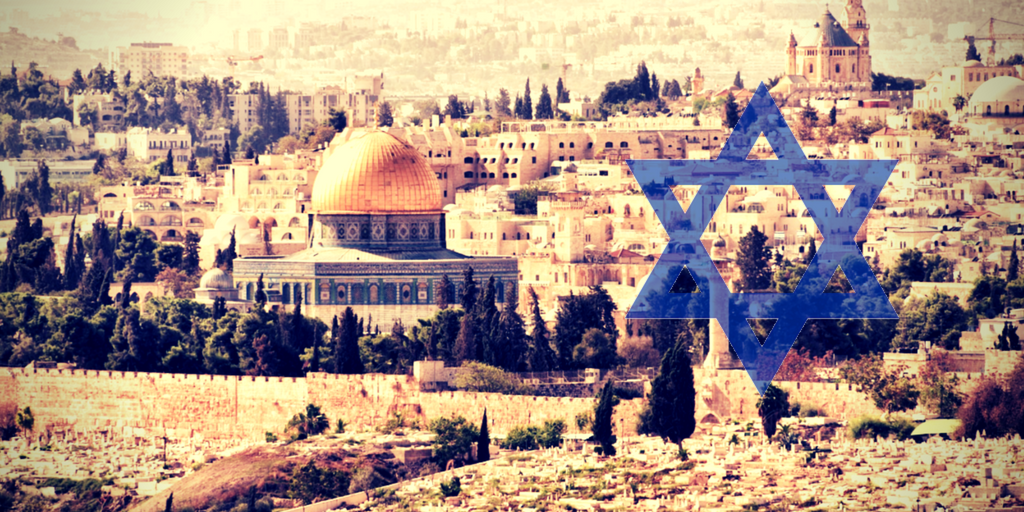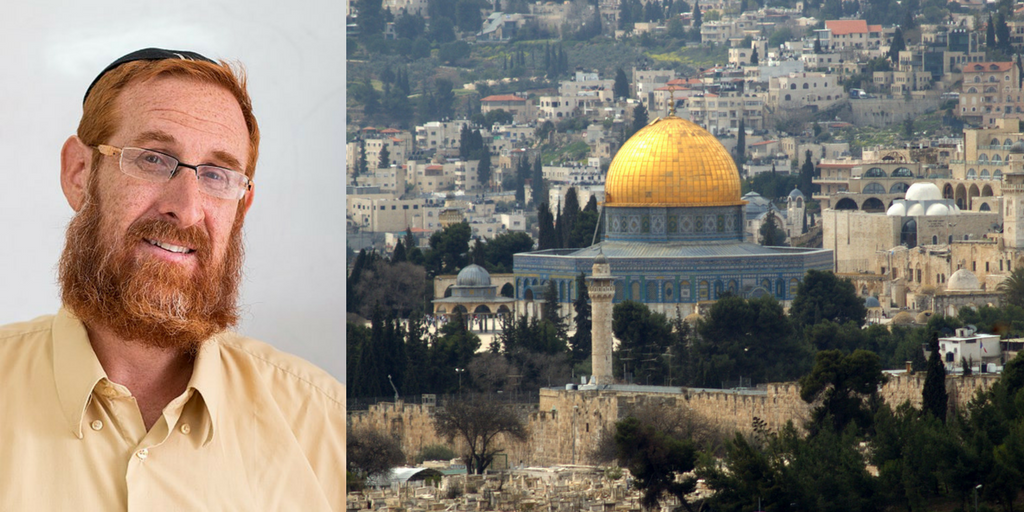During our exile from the Land of Israel we yearned to find our lost brothers, known as the Ten Lost Tribes who were exiled from Samaria in stages 2700 years ago by the Assyrians. Most scholars agree that just like the Bible says, the exiled Israelites were brought east to today’s Pashtun territory straddling the Durand line of Afghanistand and Pakistan.
The following verse in Kings describes the area.
2 Kings 17:6: “In the ninth year of Hoshea, the king of Assyria captured Samaria and deported the Israelites to Assyria. He settled them in Halah, in Gozan on the Habor River and in the towns of the Medes.”
According to Nadav Sofy an activist for reuniting the Bani Yisrael of the Pashtun with the rest of Israel, “The area of the Pashtun is the only area in the world that shares these descriptions.” While it is true that the area of the Pashtun as well as even areas of Kurdistan and north in the Caucus seems to mirror the above verse, there were three expulsions of Israelites by the Assyrians and probably more.
Nearly two years ago I wrote a post insinuating that the Pashtun had the only accurate claim to the title of Lost Tribes of Israel. Others with Jewish affinity I have argued come from the Persian period that witnessed thousands across the empire ranging from India to South Sudan join the Jewish people.
While I still believe the Persian period is a great explanation on how Jewish customs are found across this large diverse number of regions, it does not take in consideration west African Jewry.
The Talmud in tractate Sanhedrin page 94a asks where the Lost Tribes were sent to. The first opinion is Africa and the second opinion is the mountains of Shlug, who most scholars indicate are the Caucus Mountains, directly north of the Kurdistan region in Turkey.
So which opinion is right? I believe it is entirely possible like in other “disagreements” in the Talmud that both opinions may be right. Remember, the Assyrians exiled the northern Israelites in stages and it is also clear their empire stretched across a vast area from Africa to what is today is Persia. Interestingly enough it roughly mimics the Persian Empire that rose 250 years later. It is entirely possible that the Assyrians split the Tribes up and sent them to the Caucuses, Afghanistan and yes Africa.

Where in Africa?
Let’s assume the most likely place for the initial expulsion was south or even southwest of Egypt, which was known as Cush or today’s southern Sudan. From there the tribes would have spread out some moving as has been proven into the Gondor region of northern Ethiopia and the others would have travelled slowly. In time they moved west and eventually reached what is today known as eastern Nigeria or by the Igbos as Igboland or Biara.

The Igbo are a decentralized group of clans that have a tradition that they migrated from a northern area and are of the tribes of Ephraim, Naphtali, Menasseh, Levi, Zebulun and Gad. The British recorded how the Igbo kept circumcision, stayed away from impure meat, practiced biblical purity laws and much more. Their oral traditions are called Omenana, “what to do in the Land.”
Of course, many of the Igbo traditions and oral memory was decimated during the Atlantic slave trade, which the Igbo became an outsized portion of due to their stubborness in the face of their colonial masters. With their conversion to Christianity, many Igbo began to gravitate to Saturday as being the true Sabbath after insisting that was the tradition of their forefathers.
With activists like Daniel Lis, Remy Ilona, and more, the Igbo are quickly finding the ancient origins of their traditions seem to lie in the Bible itself.
With an increased interest by many in Israel to find out lost brothers across the world, the Igbo are literally screaming for recognition. Change is hard. Acceptance of the other is perhaps the greatest test to our need for unity. We find ourselves in the End of Days where we are to witness the reconnection and merger of the staffs of Judah and Efraim. We, the descendents of Judah have always expected the Tribes to be in one location and would appear like us, but that was an expectation born out of a faulty notion of our global tribal unit and own experiences. The fact is the Tribes are scattered throughout the world and it is time we accept their yearning to return and act as the facilitator for their homecoming.
The Igbo, like our brothers in Afghanistan are a test for our stubborness to see reality and past the color barrier we have sponged up from our travels in Europe. Redemption is as much about our own inner tranformation as it is about bringing home the exiles of our people. In this regard, our ability to see passed our brothers’ skin color as well as our work at bringing them home is also apart of our own inner transformation. This transformation will ultimately lead to a reconfigured Israel that is the ultimate revelation of the Creator’s kingship in the world.







